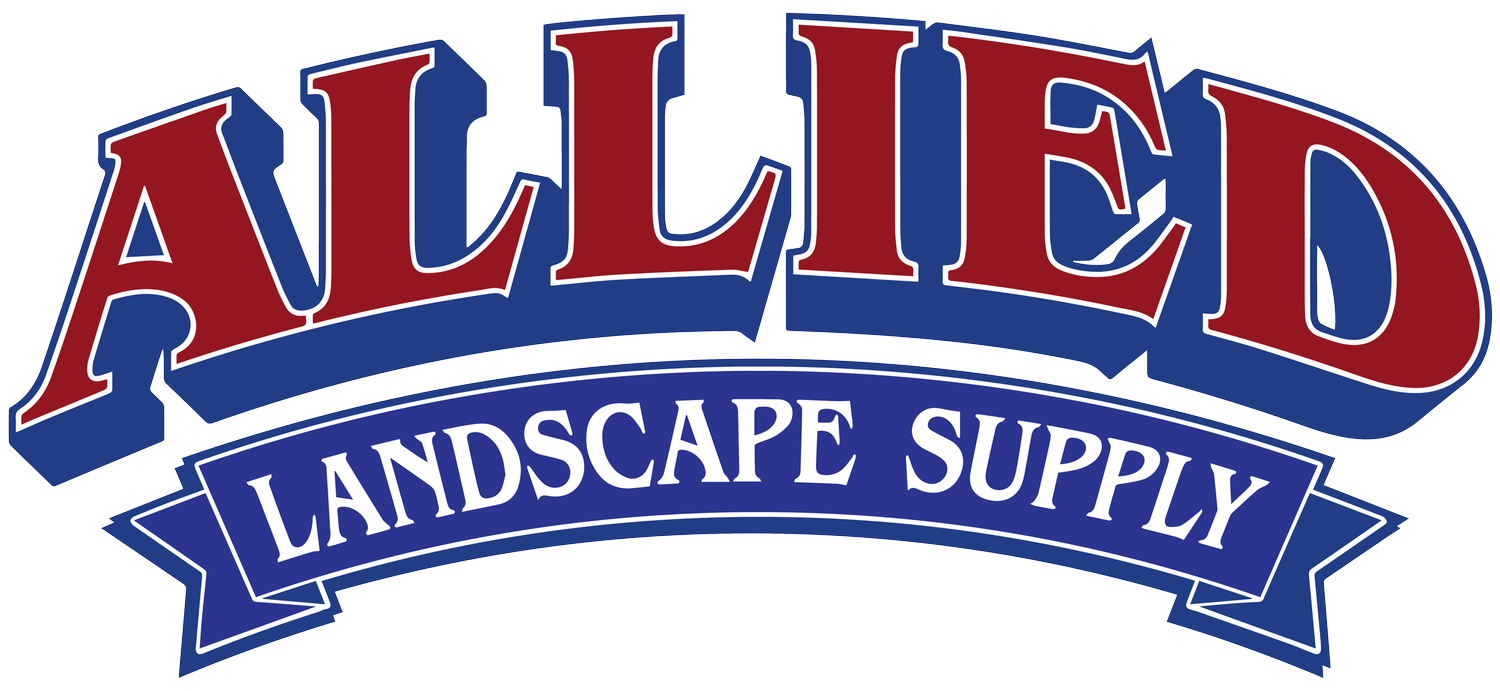Organic vs. Inorganic Mulch in King of Prussia and Montgomery County, PA: A Contractor's Guide
As a landscape contractor working in the diverse landscapes of King of Prussia and Montgomery County, PA, you know that the choice of materials can make or break a project. Therefore, one of your most critical choices revolves around selecting the right mulch. Understanding the differences between organic and inorganic mulch can elevate the quality of your work, leading to healthier landscapes and satisfied clients. This guide provides detailed knowledge on choosing the best mulch for every project.
Understanding Organic Mulch
Organic mulch is derived from natural materials, including wood chips, bark, straw, leaves, and compost. These materials break down over time, contributing valuable nutrients to the soil. This process enhances soil fertility and improves the structure, leading to better moisture retention and root development.
Types of Organic Mulch
Wood Chips and Bark: Thanks to their polished, natural look, wood chips and bark are commonly used around trees, shrubs, and planting beds. These materials decompose slowly, providing long-term benefits to the soil while maintaining an attractive appearance.
Compost: Rich in nutrients, compost can serve as a dual-purpose material, functioning as both mulch and a soil amendment. Compost is particularly effective if your priority is boosting soil health in planting beds and vegetable gardens.
Straw and Grass Clippings: These quick-decomposing options protect soil in vegetable gardens. They help retain moisture and regulate soil temperature, though they require more frequent replenishment than other organic mulches.
Benefits of Using Organic Mulch
Soil Enrichment: Organic mulch continuously decomposes, releasing nutrients that feed the soil and promote robust planting growth. This natural process is particularly beneficial in places with rich soil, where enhancing soil quality can lead to thriving landscapes.
Moisture Retention: One of the key advantages of organic mulch is its ability to retain moisture. By reducing evaporation, organic mulch helps maintain consistent soil hydration, which is crucial during the warmer months.
Temperature Control: Organic mulch is a natural insulator, protecting planting roots from extreme temperature fluctuations. This insulation helps keep roots cool in the summer and warm during colder periods.
Aesthetic Appeal: Organic mulch has a natural look of organic that enhances the visual appeal of any landscape. It blends seamlessly with the environment, adding a touch of elegance and cohesion to the overall design.
Exploring Inorganic Mulch
Inorganic mulch includes gravel, stones, rubber, and landscape fabric. Unlike organic options, these materials do not decompose, offering a more permanent solution. Inorganic mulch is beneficial in low-maintenance landscapes where soil enrichment is not the primary concern.
Related: Essential Mulch and Topsoil Techniques for Montgomery County, PA Landscapes
Types of Inorganic Mulch
Gravel and Stones: These materials are excellent for creating walkways, driveways, and xeriscapes. They provide excellent drainage and contribute to a clean, modern aesthetic.
Rubber Mulch: Made from recycled rubber, this inorganic mulch is durable and effective at preventing weed growth. It’s commonly used in playgrounds and high-traffic areas where long-lasting material is needed.
Landscape Fabric: Often used in conjunction with other mulches, landscape fabric serves as a barrier against weeds while allowing water and nutrients to reach the soil.
Advantages of Inorganic Mulch
Longevity: Inorganic mulch doesn’t break down over time, making it a long-lasting option that requires minimal maintenance. This durability can be a significant advantage in projects where clients seek a set-it-and-forget-it solution.
Effective Weed Control: Inorganic materials, particularly rubber mulch and landscape fabric, provide robust weed suppression. Such characteristics can reduce the need for chemical weed control methods, aligning with eco-conscious landscaping practices.
Design Flexibility: The variety of colors and textures in inorganic mulch materials allows for creative freedom in landscape design. Whether aiming for a natural look or a contemporary style, an inorganic option exists.
Making the Right Choice
Choosing between organic and inorganic mulch depends on the landscape's specific needs. Organic mulch is the best option if soil health and planting growth are paramount. Inorganic mulch may be more suitable for clients seeking a durable, low-maintenance solution. Each project in our area presents unique challenges and opportunities. Using this knowledge to guide material selection ensures successful outcomes and satisfied clients. By understanding the strengths and limitations of each mulch type, you can make informed decisions that enhance the quality and beauty of your landscaping projects.
Related: Choosing and Using Mulch in Horsham and Spring House, PA: A Guide for Professional Landscapers
Whether you’re a professional who knows what you need for your fire feature project or a DIYer who wants material selection assistance, our experienced team makes it easy to get everything to start and complete your landscape project.

